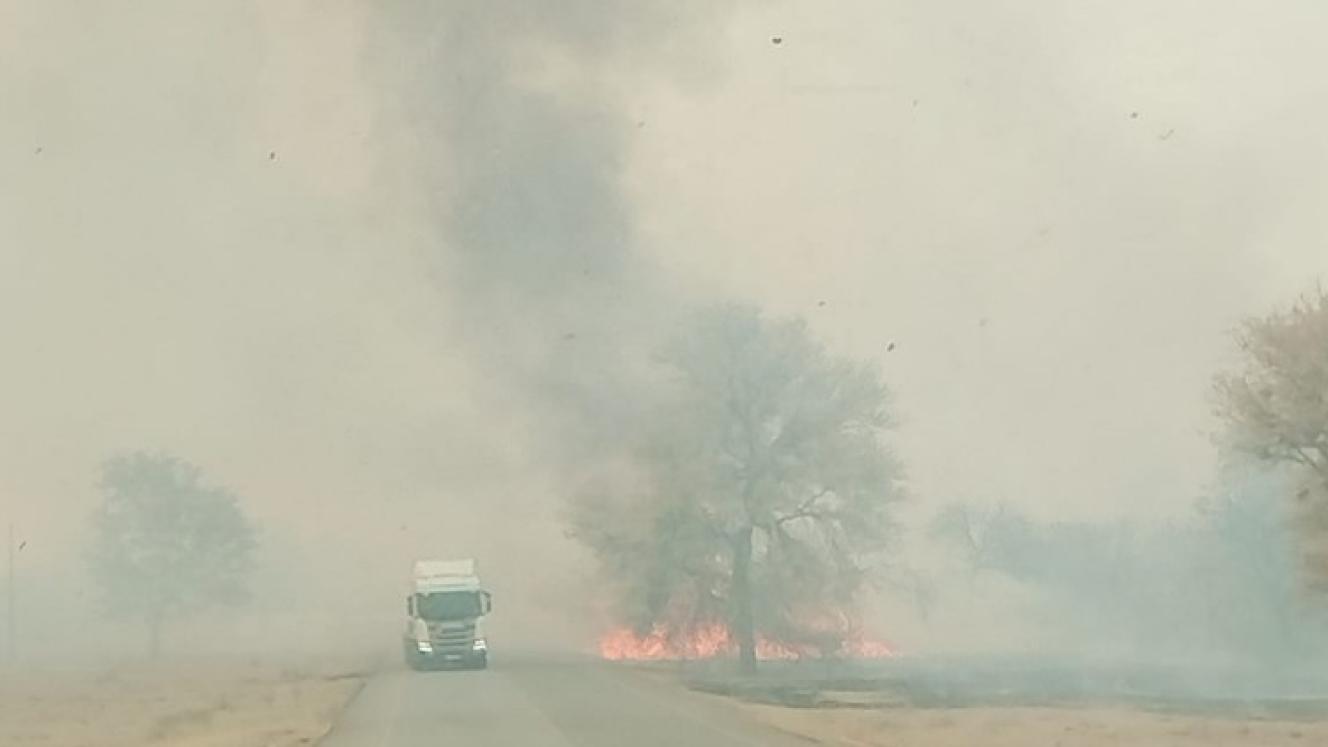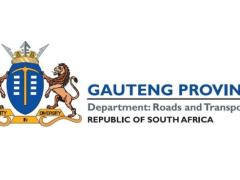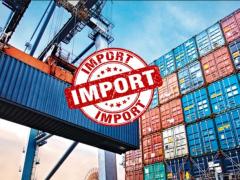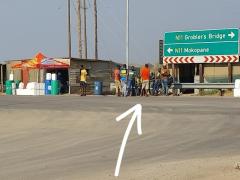As tariff determination (TDN) backlogs continue to plague the industry, SA Revenue Service is in the process of establishing regional Tariff, Valuation and Origin (TVO) committees. “The first committee has already been established in Cape Town, with Durban and Gauteng to follow,” Coffet Lebepe, group executive: customs and excise strategy and legal policy, told FTW. “The purpose of the committees will be to advise on determinations for simple matters in order to avoid unnecessary delays and escalations that can be addressed at regional level. The committee will comprise relevant members with technical support from head office. All complex and disputed determinations will be forwarded to head office with immediate effect for formal determinations.” Sars last week confirmed that it would not be reviewing the TDN process because it said the current backlog was not due to any problem or flaw with the internal processes. There has been growing concern over the process in recent months with industry complaining about the slow processing of applications, and lack of communication and transparency. Several clearing agents told FTW it took at least six months to a year for a single TDN to be completed. At least four different clearing agents in various cities in the country said complaints about the process had been brought to the attention of Sars head office and the word on the ground from industry bodies was that the entire process was now under review. “Sars however denied that it was re-examining the tariff determination process,” he said. Lebepe reiterated a previous response to FTW that the current delays could be attributed to a massive increase in the number of applications for tariff determinations for which there were several reasons. These include compulsory application by every manufacturer and importer of alcoholic beverages for a tariff determination as provided for in Section 47(9)(iv) of the Customs and Excise Act (91 0f 1964) and the rules to the act. The deadline for this was March 2018 and many clients had left it until the last minute, said Lebepe. Also, the introduction of the Health Promotion Levy on sugary beverages made it mandatory to obtain tariff determinations for registration purposes where clients were unsure of where to classify the products. “The TDN query inbox is attended to on a daily basis and responses and updates provided to clients; where necessary, the correspondence is via telephone to address the queries and concerns. All finalised determinations have been released to the branches, the backlog has been removed and the office is currently attending to applications received in May 2018, with a few received in April which require further information,” Lebepe told FTW. Several clearing agents however told FTW that there were still outstanding TDNs dating back months. “There are several examples,” said one agent, who preferred not to be named. “We submitted the application to our branch office in January. It was only moved to Sars head office in April and since then we have not had any communication or feedback. It is still outstanding and we are now in July.” Several agents agreed, saying they had yet to see an improvement at ground level. Customs expert Clifford Evans said he and many other agents were under the impression that the entire TDN and appeals process was under review. “Our suggestion to Sars has been that appeals and TDN applications should be submitted directly to the head office and not at branch offices at all,” he said. “It will make a difference in relation to the time it takes to conclude these applications, speeding up the processes significantly.” Evans said the biggest challenge at present was undoubtedly lack of communication. “It is extremely challenging to try and get the status of outstanding TDNs from the tariff section.” Industry, in the meantime, has also disputed the claim that long processing times have been due to an increase in TDN applications, saying more than 60% of TDNs applied for were as a direct result of customs interventions such as physical inspections and post clearance audits where the declared HS Code was overturned by customs, resulting in additional duty, VAT and penalties. Getting refunds was problematic as there was only a two-year period for applications but with TDNs taking more than a year, it was often not possible to meet this time frame.












